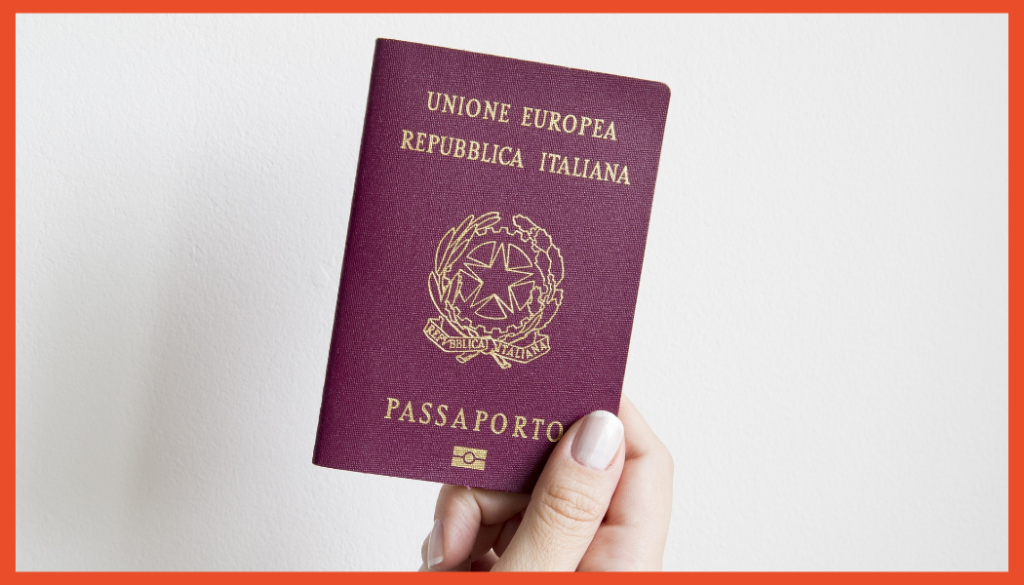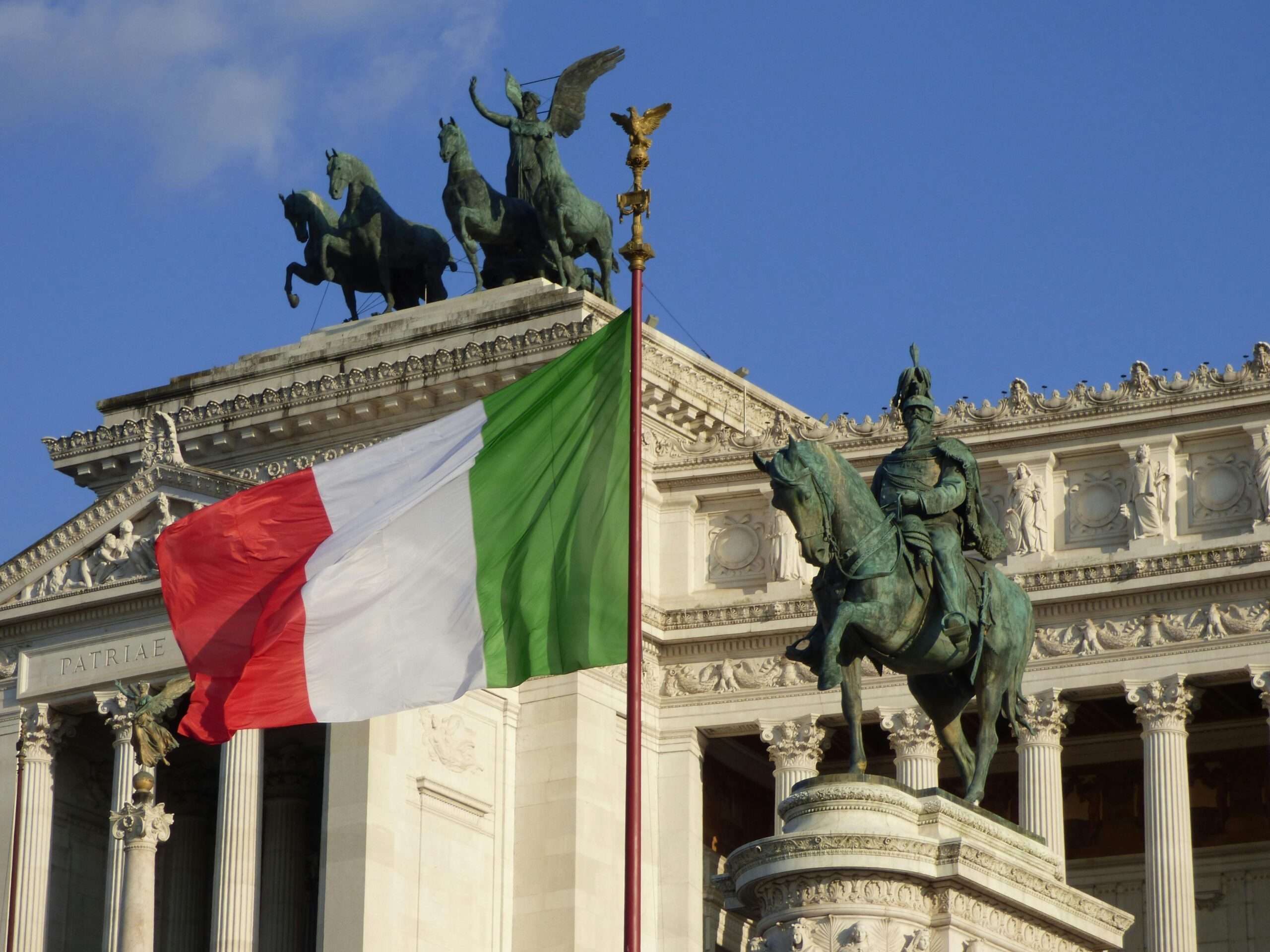On March 28, 2025, Italy introduced Decree-Law No. 36, bringing in new restrictions for obtaining Italian citizenship. This law affects those seeking citizenship through ancestry (jure sanguinis). The government aims to tighten the eligibility criteria and streamline the application process, making it more selective and efficient. If you’re considering applying for Italian citizenship, you must understand how these changes might affect you.
Key Changes Under Decree-Law No. 36/2025
1. Stricter Eligibility Requirements
The new law limits citizenship eligibility to individuals with direct descent from an Italian parent or grandparent. Previously, applicants could trace their ancestry through great-grandparents or even more distant relatives. However, this change disqualifies those with distant Italian ancestors unless they meet specific conditions..
2. Cutoff Date for Applications
One of the most significant changes is the introduction of a cutoff date. If you did not submit a complete citizenship application by 11:59 PM (Rome time) on March 27, 2025, you may no longer be eligible to apply under the old rules. To qualify now, you must prove that either your parent or grandparent was born in Italy or that your parent lived in Italy for at least two years before your birth. Consequently, this change will affect many applicants who were in the process of gathering documents.
3. Increase of the Burden of Proof
It is now up to the applicant to give the (particularly harsh) proof of the non-existence of causes impeding to obtain, or having conducted to the loss of, the citizenship.

Why These Changes Were Necessary
The Italian government justified the new law by citing the overwhelming number of applications. Prior to the changes, it was estimated that up to 80 million people worldwide could claim Italian citizenship based on their ancestry. The government expressed concerns about the integrity of the process and the potential for individuals with minimal ties to Italy to acquire citizenship. By tightening the rules, Italy aims to focus on applicants with a more substantial connection to the country.
- These new restrictions will impact many people. Individuals hoping to apply based on great-grandparents or earlier ancestors are now excluded.
- Those who had already started the process may find their applications invalid unless they meet the new requirements. This change has frustrated many, especially those who invested time and resources in gathering documentation.
Looking Forward: What’s Next?
The new law is currently being reviewed by the Italian Parliament, and further changes could be introduced. A referendum scheduled for June 2025 will address certain provisions in the field of citizenship. This should include the residence requirements for non-EU applicants.
Furthermore, new draft legislation shall be discussed by Parliament, basically aiming to: 1) further strengthen the eligibility criteria, by introducing the concept of an “effective lien” with Italy (in terms of protracted residency in the Country, timely birth registration in Italy, etc.); and 2) centralising the processing of citizenship applications to the Ministry of Foreign Affairs, rather than through individual consulates around the world.
Therefore, the full impact of these changes will become clearer as the legislative process continues.
Conclusion: How This Affects You and Your Business
If you’re seeking Italian citizenship stay informed about the latest legal developments. The new restrictions have made the process more complex. Only individuals with direct Italian ancestry will likely qualify. At 360 Business Law, we can help guide you through the legal intricacies of this new decree. As well as the new draft legislation, whether you’re navigating Italian citizenship laws or tackling broader international business matters. Our expert team specialises in helping businesses and individuals understand complex legal landscapes, ensuring you can make informed decisions every step of the way.

